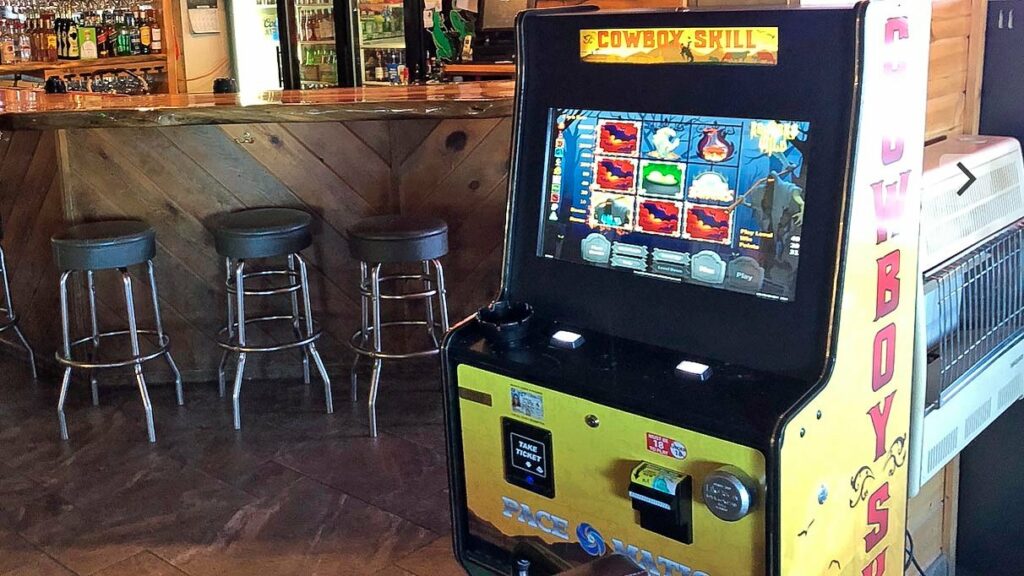In a surprising decision, the Supreme Court of Virginia overturned a lower court’s ruling and reinstated the state’s ban on slot-like skill machines, asserting that a lawsuit challenging the ban on First Amendment grounds is unlikely to prevail.
The high court was examining the appropriateness of a longstanding injunction issued by a lower court, which had been preventing the state from enforcing the ban on these machines since its implementation in the summer of 2021.
Despite the fact that the lawsuit has not yet gone to trial in Greensville Circuit Court, the Supreme Court deemed it had the authority to review the matter because the General Assembly had repeatedly taken steps to amend the specifics of the ban, Virginia Mercury reported.
Upon scrutinizing the case, the Supreme Court determined that the lower court had “abused its discretion” in concluding that the skill game industry is likely to succeed in arguing that their games are a protected form of free speech.
“Although at times it is difficult to determine where a particular activity falls on the speech/conduct continuum, no such difficulty is present when the activity being regulated is gambling. We long have viewed gambling as conduct that may be heavily regulated and even banned by the Commonwealth as an exercise of its police powers,” the Supreme Court said in an order from Justices Stephen R. McCullough, Teresa M. Chafin and Wesley G. Russell Jr., as per the report.
The lawsuit, which challenges the ban, was filed by Hermie Sadler, a truck stop owner in Southside Virginia, in conjunction with the major skill-game company Pace-O-Matic. The trial for this lawsuit is scheduled for this December in Greensville. Throughout the litigation, state and local authorities have been grappling with the inability to tax and regulate games that resemble slot machines but involve a small element of skill, making their classification under the state’s gambling rules challenging.
Since the lower court issued an injunction in late 2021, these machines, commonly found in convenience stores and sports bars, have been operating without regulatory oversight. With the removal of the injunction, the Supreme Court’s ruling reinstates the state ban, though its immediate enforcement remains uncertain due to the ongoing lawsuit.
“Our attorneys are currently reviewing the opinion and assessing next steps,” Christina Freundlich, a spokesperson for Pace-O-Matic, which operates the prominent Queen of Virginia skill game franchise, was quoted as saying.
The office of Attorney General Jason Miyares, which had requested the Supreme Court’s review, welcomed the order indicating that the law is constitutionally valid.
“Virginia has regulated gambling for centuries, and the skill games law is an ordinary exercise of the General Assembly’s authority to protect the public from dangerous gambling devices. The law is now in effect, and commonwealth’s attorneys are free to enforce it,” Miyares spokeswoman Victoria LaCivita said.
As per the report, the Supreme Court justices clarified that the state’s objective is not to restrict the visuals or messages of these games but rather the “promise (and the ultimate execution) of a payout if the game ends in a particular fashion.”
“If criminalizing promises of monetary winnings as determined by the outcome of a game violated free speech rights, the Commonwealth would be unable to prohibit unregulated bookmakers from taking bets on sporting events or citizens from running private ‘numbers’ games because such activities involve the same basic promise,” a footnote in the court’s order said, as per the report.
